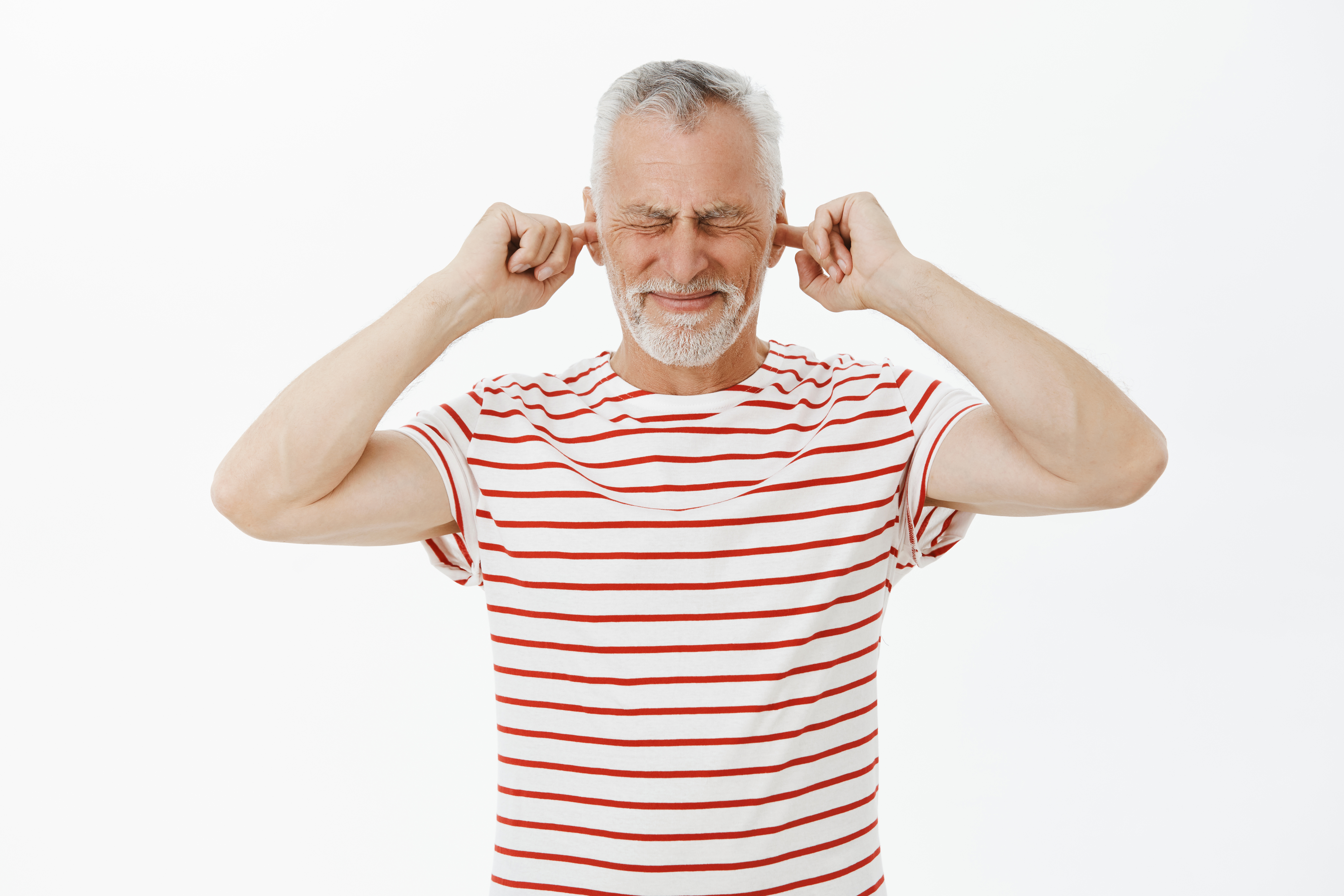Noise Harassment of Senior Citizens
Noise Harassment of Senior Citizens
In today’s digital world, the ancient science of Vedic astrology meets technology through tools like online marriage astrology calculators, offering clarity and cosmic predictions with just your date, time, and place of birth. But the real depth of prediction lies far beyond a calculator’s numerical result — it’s in the hands of a skilled astrologer who interprets your chart with intuition, scriptural wisdom, and cosmic observation. That’s where Nayku’s astrology services shine — providing precise, confidential, and personalized online marriage prediction sessions rooted in Vedic knowledge yet adapted for the modern digital seeker. This is not just about “when,” but why and how your marriage will unfold the way it does. Let’s uncover that cosmic mystery step by step.
City life can often feel bustling and vibrant—but for senior citizens, persistent noise can quickly escalate into a serious form of harassment. Whether it's late-night parties, road traffic, or neighborhood commotion, noise harassment of seniors is a growing issue that affects their health, well-being, and dignity. In this blog post for Nayku, we'll explore what constitutes noise harassment, why older adults are especially vulnerable, legal protections available, actionable prevention tips, and how to take meaningful steps toward peace and respect.

Why Noise Harassment Matters to Senior Citizens
As we age, sensitivity to noise increases and the ability to recover from disruption diminishes. Studies show that:
- Chronic noise exposure raises risks of insomnia, anxiety, high blood pressure, and heart issues, and these risks amplify with age.
- Seniors often spend more time at home and may lack mobility, making it hard to escape noisy environments.
- Persistent or targeted noise—like loud music next door, revving engines, or shouting—can be more than a nuisance; it’s a form of harassment that threatens dignity and comfort.
Without intervention, noise harassment can erode seniors’ quality of life, limit their social engagement, and even contribute to mental health decline. It’s not just sound; it's at the heart of preserving a senior's right to a peaceful, respectful living environment.
Facing constant noise disruptions? Nayku helps senior citizens understand their legal rights and take action against noise harassment with confidence.
What Qualifies as Noise Harassment?
Not every loud sound is harassment—context is key. The following are examples that cross the line when directed toward or sustained around seniors:
- Unreasonable loudness at night or early morning, insisting on volume during quiet times.
- Intentional targeting, such as sudden noise whenever a senior is home.
- Frequent or continuous disturbance, e.g., daily loud mowing, car stereo blasts, or overhead footsteps.
- Threatening or abusive language used loudly in shared spaces or outside a senior’s window.
This isn’t just an inconvenience—it’s a breach of personal peace, safety, and respect.
The Impact of Noise Harassment on Seniors
Health consequences:
- Difficulty sleeping, increased stress hormones
- Worsening of cardiovascular and neurological conditions
- Aggravated hearing loss and tinnitus
Emotional and social toll:
- Isolation due to chronic stress
- Increased irritability and anxiety
- Sense of vulnerability or harassment in their own home
Maintaining peace isn’t optional—it’s vital for treasuring dignity and health in later years.
If you're unsure how to respond legally to repeated noise disturbances, Nayku offers tailored legal resources specifically for elder protection.

Legal Protections & Remedies
Depending on where you live, several laws may protect seniors from noise harassment:
- Local noise ordinances: Govern decibel limits during specific hours—prohibiting loud noise from vehicles, machinery, or parties.
- Harassment and nuisance laws: If noise is repetitive, aggressive, or aimed at a specific person, it may be legally classified as harassment.
- Elder abuse statutes: In some regions, targeting seniors with malicious or repeated noise disruptions may fall under elder mistreatment.
Steps for legal action:
- Document date, time, duration, decibel levels (via apps), and witness statements.
- Communicate politely but clearly—record requests in writing.
- Involve authorities—file complaints with local government or noise control agencies; in urgent or harassing scenarios, report to police.
- Pursue legal counsel—consider a civil suit for injunction, noise violation penalties, or emotional distress.
Nayku helps seniors understand their legal rights—and how to enforce them with confidence and dignity.
Prevention & Coping Strategies
Before escalating matters legally, the following tips may help ease the stress of noise harassment:
- Soundproof your home: use heavy curtains, rugs, door sweeps, or sound-absorbing panels.
- Set clear boundaries: talk to neighbors with calm, respectful communication—mention specific times and disturbances.
- Utilize white noise devices: fans or air purifiers can mask intermittent loud sounds.
- Align with the community: join seniors’ associations to raise awareness and increase collective responsiveness.
- Use decibel apps: better to record objective data than subjective impressions.
These proactive steps can restore peace and relationships without confrontation.
You don’t have to handle noise harassment alone. Nayku connects you with elder law specialists who understand how to protect your peace and legal rights.
When You Need Help: Steps with Nayku Legal Support
If talking and soundproofing aren’t enough:
- Submit a noise harassment assessment via Nayku to determine if your case qualifies as legal harassment.
- Access template letters and legal guidance, tailored to your region’s noise ordinance and statutes.
- Connect with sympathetic attorneys or local mediators who specialize in elder rights and environmental nuisances.
- Stay supported—Nayku keeps records for you, reminds you of deadlines, and helps escalate when needed.
With the right tools, you can regain your silence—and your peace of mind.

Safety First: What to Do in Emergencies
- Immediately call 911 if loud threats, broken windows, vandalism, or intimidating behavior occurs.
- Seek a protective order if noise is used aggressively or to intimidate.
- Reach out to family, caregivers, or social services if harassment feels targeted or ongoing—don’t suffer in silence.
Legal tools exist to safeguard vulnerable seniors from aggressive or intimidating noise behavior.
Many seniors aren’t aware that chronic noise can qualify as legal harassment. Nayku breaks down the laws and guides you through the process step-by-step.
Empowerment & Awareness
- Encourage neighbors and families to educate themselves about noise harassment in elder communities.
- Advocate for enforcing local ordinances and humane city policies.
- Use social media and community boards to share personal stories (anonymously or publicly, as preferred) and resources.
When seniors feel valued and protected, neighborhoods become stronger—and communities more inclusive.

Conclusion
Noise harassment of senior citizens isn’t just an inconvenience—it’s a violation of peace, respect, and health. Seniors impacted by chronic or targeted noise deserve legal clarity, swift intervention, and ongoing support. With basic prevention, clear communication, and the right legal help—via platforms like Nayku—it’s possible to reclaim silence, dignity, and a sense of safety.
Related Articles

Find Best Online Lawyers in Bhopal Near Me
Find the best online lawyers in Bhopal near you for instant legal consultation, expert guidance, and...
Read More
Experienced Lawyers Online Legal Consultations In Bhopal
Connect with experienced lawyers in Bhopal for online legal consultations. Get reliable advice and s...
Read More
Get Professional Advice From Best Lawyers in Bhopal
Find top-rated lawyers in Bhopal offering expert legal advice. Get solutions for family, property, b...
Read More
